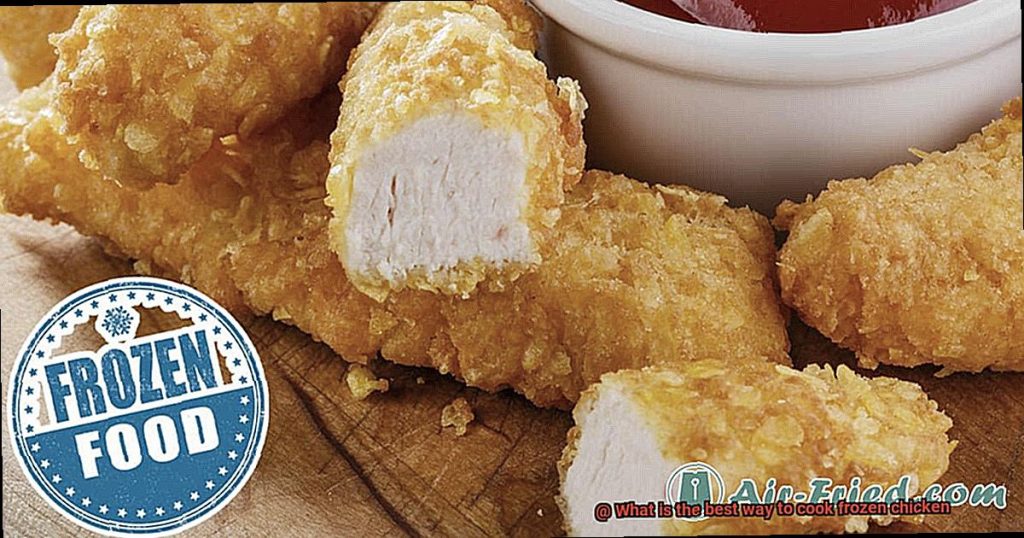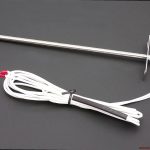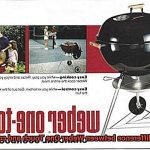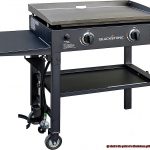Do you always forget to defrost your chicken before cooking it? Does the thought of thawing frozen chicken make you break out in a cold sweat? You’re not alone. Cooking frozen chicken can be a daunting task, but don’t worry – we’ve got your back. In fact, cooking with frozen chicken can be a great way to save time and create delicious meals.
However, it’s important to note that cooking with frozen chicken requires some extra effort compared to using fresh chicken. If not cooked properly, the meat can end up undercooked or overcooked. But fear not, with our expert tips, you’ll learn how to cook frozen chicken perfectly every time.
In this blog post, we’ll explore the best ways to cook frozen chicken and share some mouth-watering recipes that you can try at home. From slow-cooker meals to air fryer favorites, we’ve got it all covered. We’ll also discuss the best cooking methods and offer tips on seasoning and marinades. So let’s dive in and discover the secret to cooking with frozen chicken like a pro.
Contents
Safety First: Ensuring Your Chicken is Fully Cooked
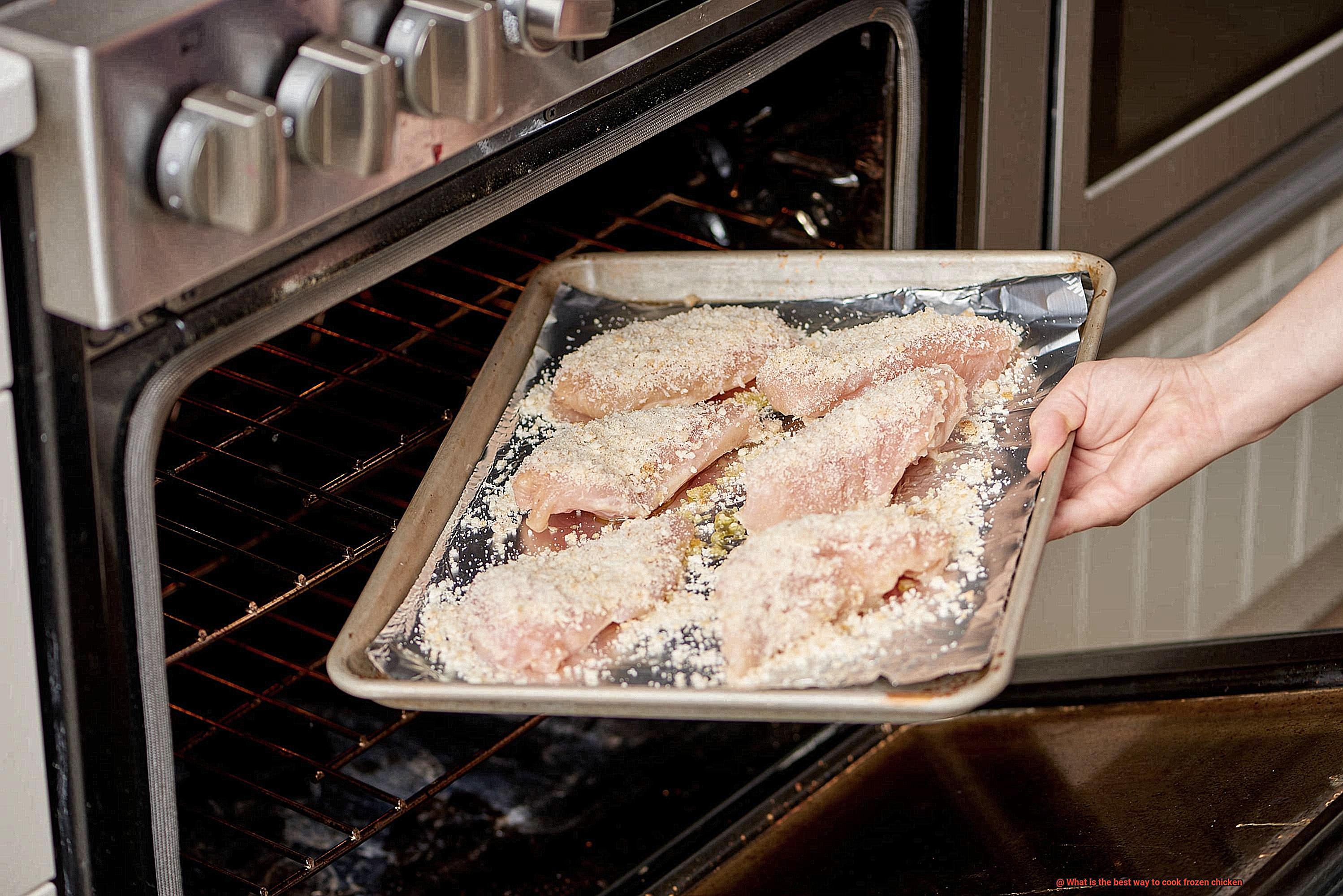
Cooking frozen chicken is a fantastic solution, but safety must be prioritized to ensure that the chicken is fully cooked and safe to consume.
Thawing the chicken before cooking it is critical. This can be accomplished by placing it in the refrigerator overnight or using the defrost function on your microwave. Once thawed, use a meat thermometer to check the internal temperature of the chicken. According to the USDA, chicken should be cooked to an internal temperature of 165°F (74°C) to guarantee that any harmful bacteria present in the chicken are eliminated and that it is safe to eat.
When it comes to cooking frozen chicken, there are various methods you can use, such as slow cookers or crockpots, oven baking, or grilling. Regardless of the method chosen, make sure to season the chicken with your favorite spices and let it rest for a few minutes after cooking to permit the juices to spread throughout the meat.
In addition, cross-contamination with other foods must be avoided while cooking frozen chicken. Be sure to wash your hands and any utensils or surfaces that come into contact with the raw chicken before using them for other foods.
Slow Cooking: The Best Way to Achieve Tender and Juicy Chicken
Slow cooking is a tried and true method for achieving tender and juicy chicken. The low and slow cooking process not only allows the chicken to soak up all the delicious flavors of your seasonings and liquids but also breaks down the collagen into gelatin, resulting in a dish that’s both soft and flavorful.
So, why is slow cooking the best way to achieve tender and juicy chicken? Let’s break it down:
- Flavorful Results: When you slow cook chicken, it has ample time to absorb all the mouth-watering flavors of your seasonings and liquids. The end result is a dish that’s packed with flavor and sure to impress.
- Effortless Cooking: Slow cooking requires minimal effort. All you have to do is season your chicken, place it in your slow cooker or Dutch oven, and let it cook on low heat for hours until it’s fully cooked.
- Soft and Juicy Texture: Slow cooking breaks down the collagen in the chicken, resulting in a texture that’s soft and juicy, unlike other cooking methods that can leave you with tough and dry meat.
To slow cook frozen chicken, one of the most popular methods is using a slow cooker or crockpot. Before doing this, make sure to thaw your chicken first. You can do this by placing the frozen chicken in the refrigerator overnight or using the defrost function on your microwave. Once thawed, add your desired seasonings and liquids to the slow cooker along with the chicken.
Another way to slow cook frozen chicken is by using a Dutch oven or a heavy-bottomed pot. Once thawed, sear your chicken on both sides in a hot oiled pan before transferring it to the Dutch oven or pot with your desired seasonings and liquids.
Regardless of which method you choose, make sure to use a meat thermometer to ensure that the internal temperature of the chicken reaches at least 165°F to ensure that it’s fully cooked and safe to eat.
Baking for Perfectly Cooked Frozen Chicken
Baking frozen chicken is a convenient and delicious option that will have you savoring a home-cooked meal in no time.
To start, always put safety first by preheating your oven to 375°F (190°C) and using a baking sheet with edges. This will prevent any juices from spilling onto the oven and causing a fire.
Next, seasoning is key. Whether you prefer a pre-made seasoning mix or creating your own with salt, pepper, garlic powder, and paprika, be sure to coat both sides of the chicken evenly before placing it on the baking sheet.
As for baking times, they will vary depending on the size and thickness of your chicken. For boneless, skinless chicken breasts, bake for 45-50 minutes. For bone-in chicken pieces, bake for 60-70 minutes. Remember to use a meat thermometer to ensure that the thickest part of the chicken reaches 165°F (74°C) for safe consumption.
Once your chicken is cooked to perfection, let it rest for a few minutes before serving. This allows the juices to redistribute throughout the meat for a more flavorful and tender result.
Want to add some extra flavor? Try stuffing your chicken with your favorite fillings such as cheese, vegetables, or herbs. Or go for a crispy texture by brushing the chicken with melted butter or oil before baking.
Grilling Frozen Chicken with Extra Preparation
For grilling frozen chicken is an achievable feat with some extra preparation. As an expert on this topic, let me take you through the essential steps to achieve succulent and mouthwatering grilled chicken.
The first step is to ensure that the frozen chicken is fully thawed before grilling. You can accomplish this by placing the chicken in the refrigerator overnight or using the defrost setting on your microwave. Next, it’s time to add flavor and tenderness to your chicken by marinating it for at least 30 minutes. A simple marinade with olive oil, lemon juice, garlic, salt, and pepper will enhance the flavor of the chicken while keeping it moist during grilling.
Before grilling, preheat your grill to a high temperature and oil the grates to prevent sticking. For even cooking, it’s best to use boneless and skinless chicken breasts of similar size. To prevent uneven cooking, flip the chicken only once during grilling, which will also prevent drying out.
Finally, use a meat thermometer to determine that the internal temperature of the chicken has reached 165°F before removing it from the grill. This ensures that your chicken is cooked safely without being overcooked.
Tips for the Perfectly Cooked Frozen Chicken Every Time
Cooking frozen chicken can be daunting, but with these tips and techniques, you can nail perfectly cooked frozen chicken every time. Here are five sub-sections that will walk you through everything you need to know.
Proper Thawing
The first and most crucial step to cooking frozen chicken is to properly thaw it. Thawing the chicken in the refrigerator overnight is the best method for ensuring that it thaws evenly and safely. However, if you’re short on time, you can use the cold water method. Fill a large bowl with cold water and submerge the frozen chicken in it. Change the water every 30 minutes until the chicken is thawed. Avoid using hot water to thaw chicken, as this can promote bacterial growth and lead to foodborne illness.
Seasoning
Once your chicken is thawed, it’s essential to season it well before cooking. A simple seasoning of salt, pepper, and garlic powder works well, but feel free to experiment with different herbs and spices to suit your taste preferences. Seasoning not only adds flavor but also helps keep the chicken moist during cooking.
Using a Meat Thermometer
When cooking frozen chicken, it’s best to use a meat thermometer to ensure that it’s fully cooked. To check, insert the thermometer into the thickest part of the chicken; the internal temperature of the chicken should reach 165°F (74°C) before it’s considered safe to eat. This may take longer than cooking fresh chicken, so be patient and allow enough time for the chicken to cook thoroughly.
Avoid Overcrowding
It’s crucial to avoid overcrowding the pan or grill when cooking frozen chicken. This can cause the chicken to steam instead of sear, resulting in a less flavorful and less crispy finished product. It’s best to cook the chicken in batches if necessary or use a larger cooking surface to allow for even cooking.
Resting
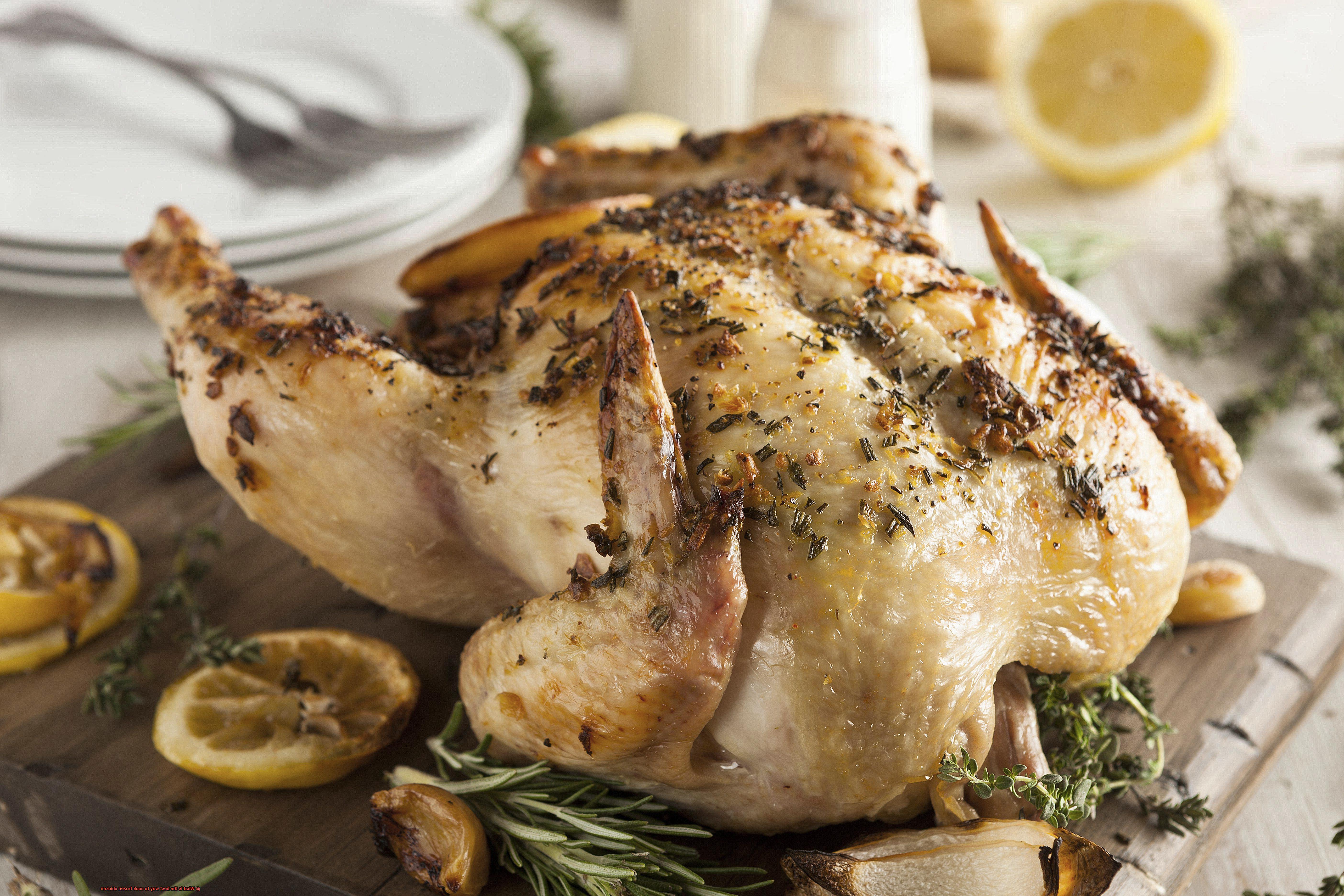
Finally, after cooking the chicken, allow it to rest for a few minutes before cutting into it. This allows the juices to redistribute throughout the meat, resulting in a more tender and flavorful finished product. Cover the chicken with aluminum foil to keep it warm while resting.
Marinating and Flavoring Your Frozen Chicken
First things first, ensure your frozen chicken is fully thawed before marinating. This allows the marinade to penetrate the meat more easily and guarantees even cooking. You can thaw your chicken in the refrigerator overnight or use the defrost setting on your microwave.
Now comes the fun part – choosing your marinade. Do you crave something sweet and tangy? Try a teriyaki marinade. How about something zesty and fresh? A lemon and herb marinade may be just right. Feeling daring? Go for a garlic and herb marinade. And let’s not forget about the classic BBQ sauce – it’s always a crowd-pleaser.
If you’re feeling bold, whip up your own marinade using ingredients like soy sauce, honey, vinegar, mustard, and various seasonings. The possibilities are endless.
Once you have your marinade ready, it’s time to get started. Place your thawed chicken in a sealable plastic bag or container and pour the marinade over it. Ensure the chicken is coated thoroughly with the marinade before sealing the bag or container tightly. Place the chicken in the refrigerator for at least 30 minutes, or up to 24 hours for maximum flavor.
When it’s time to cook your marinated frozen chicken, you have several options. Grilling is always a great choice – it adds smoky flavor and crispy texture that can’t be beat. Baking in the oven leaves your chicken juicy and tender, while cooking on the stovetop is quick and easy.
No matter which cooking method you choose, ensure to discard any leftover marinade to prevent foodborne illness. Additionally, let your chicken rest for a few minutes before serving – it allows the juices to redistribute, ensuring maximum flavor.
The Benefits of Cooking Frozen Chicken at Home
Fortunately, cooking frozen chicken at home provides a solution that is both convenient and cost-effective. As an expert on the benefits of cooking frozen chicken at home, I can attest that this method is not only a time-saver but also guarantees safety and allows for experimentation with flavors.
One of the leading benefits of cooking frozen chicken at home is the convenience factor. How many times have you forgotten to defrost your chicken ahead of time, only to have to scramble for a last-minute dinner solution? With frozen chicken, you can skip the waiting process and cook it straight from the freezer, saving you precious time and reducing any potential stress or frustration.
On top of being a convenient option, cooking frozen chicken at home is also cost-effective. Frozen chicken tends to be cheaper than fresh chicken, making it an excellent choice for those on a tight budget. Additionally, since frozen meat has a longer shelf life, it reduces the likelihood of food waste, which can add up in savings over time.
Furthermore, cooking frozen chicken at home is safer than many people realize. Freezing meat kills bacteria and extends its shelf life, reducing the risk of contamination. Cooking frozen chicken at home ensures that you are in control of the quality of ingredients used in the recipe, giving you peace of mind when it comes to food safety.
Finally, cooking frozen chicken opens up endless possibilities for experimentation in the kitchen. You can grill, bake, fry or sauté your frozen chicken and add different spices and herbs to create unique flavors. Plus, since you are controlling the cooking process, you can ensure that your meal is healthier by using less oil and salt.
Common Mistakes to Avoid When Cooking Frozen Chicken
While cooking frozen chicken can save time and reduce stress, there are some common mistakes to avoid that can lead to uneven cooking or even foodborne illnesses. Let me, as an expert on the topic, guide you through some tips to ensure your frozen chicken is safe, flavorful, and cooked to perfection.
Firstly, it’s crucial to properly thaw your frozen chicken before cooking it. Resist the urge to skip this step and instead take the chicken out of the freezer and place it in the refrigerator overnight for thorough thawing. Alternatively, if you’re short on time, you can use a microwave to defrost the chicken while following the manufacturer’s instructions closely.
In addition to thawing, don’t forget to season your chicken properly. Frozen chicken usually has a bland taste, so use this opportunity to experiment with different herbs and spices to enhance its flavor. The possibilities are endless.
Another common mistake is overcooking or undercooking the chicken. Overcooked chicken can result in dry, tough meat while undercooked chicken can be unsafe to eat. To avoid this, use a meat thermometer to check that the internal temperature of the chicken has reached a safe temperature of 165°F (74°C) before serving.
Using high heat when cooking frozen chicken is also a mistake to avoid. High heat can cause the outside of the chicken to cook too quickly while leaving the inside raw. Instead, use lower heat and cook the chicken slowly for even cooking.
Lastly, not using a meat thermometer is another common mistake when cooking any type of meat, including frozen chicken. Make sure to check the internal temperature of the chicken with a meat thermometer before serving.
Conclusion
To sum it up, cooking frozen chicken is a great option for those who are short on time. However, it takes some extra effort compared to using fresh chicken. Safety should always be the top priority when cooking with frozen chicken, and proper thawing is crucial to ensure that the meat is fully cooked and safe to consume. If you want tender and juicy chicken, slow cooking is an excellent method to achieve that. Alternatively, baking in the oven or grilling requires some preparation but can result in mouth-watering meals.
Seasoning and marinating your frozen chicken can elevate an otherwise dull meal into a culinary masterpiece. The possibilities for experimenting with flavors are endless. Cooking frozen chicken at home provides a cost-effective option that guarantees safety and allows creativity in the kitchen. However, there are common mistakes to avoid when cooking frozen chicken such as overcooking or undercooking the meat or not using a meat thermometer.
With these expert tips and techniques, you can confidently cook frozen chicken perfectly every time.

